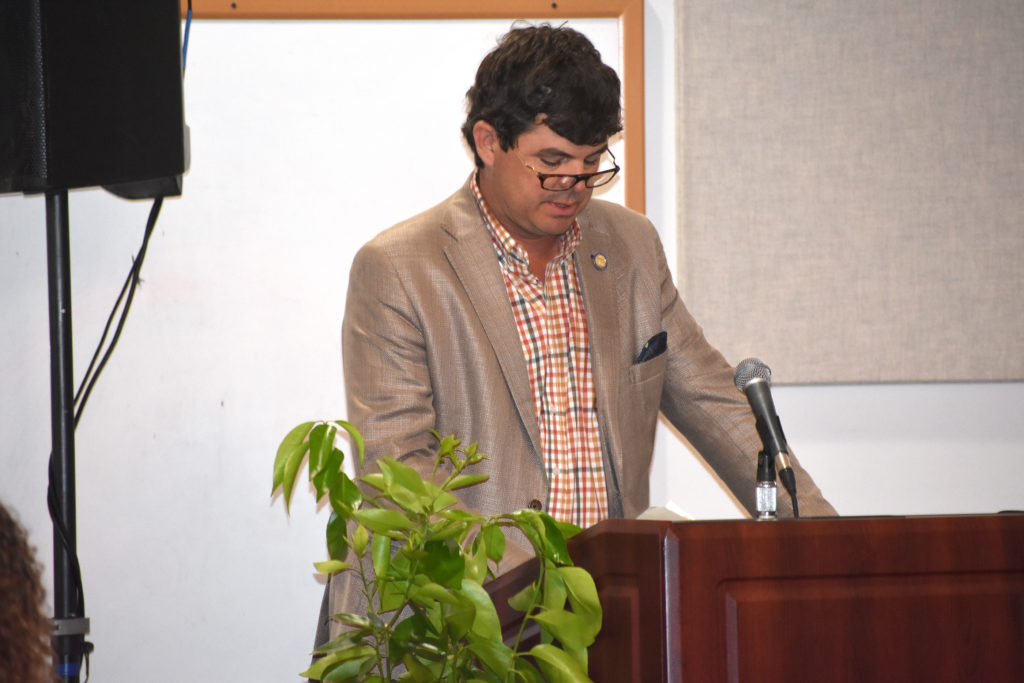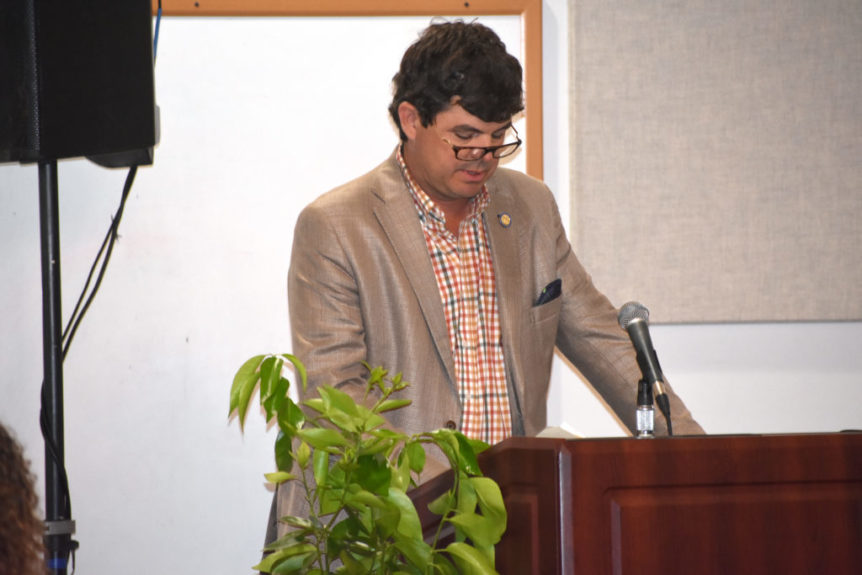
By Clint Thompson
Sam Watson wears multiple hats in his role as a Georgia vegetable producer. Not only does Watson farm in Colquitt County, he also serves as president of the Georgia Fruit and Vegetable Growers Association along with being a state senator.
Watson is in position to implore legislative leaders to provide assistance against the numerous obstacles challenging the sustainability of specialty crops in the Southeast. He continued to do so at the recent Southeast Regional Fruit and Vegetable Conference in January.
Main Concern
His main concern stems with the rising costs of the Adverse Effect Wage Rate (AEWR).
“We’re getting to a point where the AEWR is so high that it’s widened that gap between us and our competition south of the border,” Watson said. “We talked about AEWR and H-2A, and we’ve been fighting that a long time. I kept telling everybody, ‘We can’t give up.’ We’ve all been fighting it a long time and obviously have not made many big moves there, but we can’t give up.”
Spring planting season is just around the corner for growers like Watson. He admits it is difficult to be excited about the dawn of another season when labor prices ballooned from $11.99 in 2022 to $14.67 in 2024. Growers are not seeing any increase in the market prices they are selling their commodities for.
“We have nobody to pass that (expense) on to. We’re just going to have to eat that,” Watson said. “We’re all wondering how we’re going to do it. I don’t mind paying it as long as my competition is paying it. As long as I’ve got a level playing field, I don’t mind paying it. But that’s not the case with specialty crops. Folks south of the border are not paying that.”
That unsustainability is having severe repercussions. More and more producers are being forced out of the business, leaving the nation’s food sources largely in the hands of foreign countries. Watson believes that is a scary proposition as food security translates to national security.
“I’m not there yet, but I’ll be honest, I’ve got a lot of people calling me and texting me that they’re going to give it up,” Watson said. “It’s hard, the challenges that we have. There’s not anybody really helping us. It’s heartbreaking, but we’ve got farmers across our state that are just not going to farm next year, whether it be specialty crops or row crops. Cotton folks are struggling. I just don’t know what we’re going to do.”










